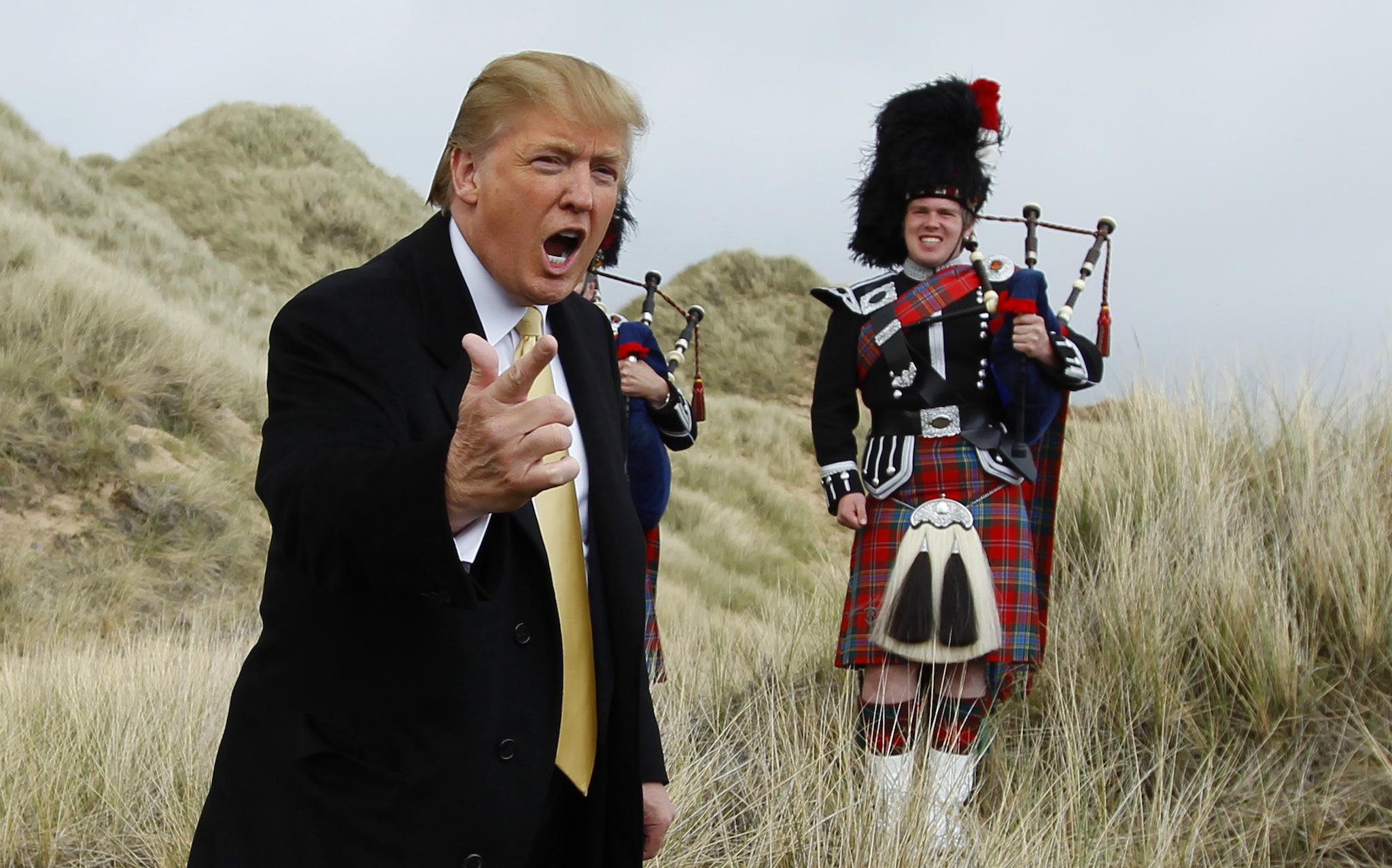The Autumn Statement revealed our Government is now following a British version of Trumponomics
The details are different, but the direction is the same


The most important single new number we got yesterday came not from the Chancellor but from the Office for Budget Responsibility – the GDP growth forecast for 2017. It was 1.4 per cent. That is a big reduction from the 2.1 per cent growth this year, a figure revised up a bit. It is an even bigger cut to the previous OBR forecast of 2.2 per cent. It is the same as that of the Bank of England, but it is close to the top end of most other forecasts for next year, most of which are around 1 per cent, some well below. If the OBR is correct, it will make a nonsense of the fears of a Brexit-induced recession next year.
So the thing to look for in the next couple of months will be whether other forecasters revise up their growth forecasts for 2017. If they do, we can reckon that while there will be some loss of growth as a result of the Brexit vote, it will be marginal. On the OBR’s admittedly vague estimates, there will be cumulative loss by the early 2020s of about a year’s natural growth. We take a hit next year and the year after but then things pick up pretty much back to normal.
Second, will tax receipts recover? Three things have caused the deterioration in public finances. Growth, as noted, is a bit slower than previously expected. Tax receipts have been below expectations. And the Government is spending more, mostly on infrastructure.
Tax receipts, particularly on income tax and National Insurance, were already weak in the first half of this financial year. This was partly the result of lower-than-expected salaries, including salaries at the top end. But it seems to have been more because of the changing structure of the workforce – the gig economy. More people are self-employed, more are forming limited companies and working for these, and there are more people working beyond retirement age and hence not paying National Insurance.

We will know next spring whether this is happening, because the receipts from self-assessment and small companies tend to come in during December and January. There will be some shortfall. The question is now much, for this will tell us whether there is a middle-ranking revenue problem in the years ahead, or a really big one.
Third, will we get value from the increase in spending on infrastructure? There is no easy test on this. It is easy to spend money and sensible to do so now when interest rates are low. But it is very hard to assess its effectiveness. It isn’t practicable to link spending to productivity, though Phillip Hammond did that in his speech. There are links – time spent in a traffic jam is time not spent working – but so many other factors come into productivity that to try to prove the effectiveness of investment is a mug’s game.
What you can do, however, is to note whether projects are completed on time and on budget. If the stories of overspending on, for example, the London to South Wales rail electrification programme continue, then we need to ask about the management of the whole initiative.
That is complicated. Try this simple one: how many more houses are built over the next four years? If there is a significant increase in home-building, then that aspect of the Chancellor’s investment policy will have worked. If the increase is marginal, then it won’t.

Finally, there’s something we should look out for which is nothing to do with the details of the Autumn Statement as such, but rather a focus on its place in global policy-making. This is a British version of Trumponomics. If that sounds improbable from a Chancellor as downbeat as Philip Hammond, consider this. There is to be a big increase in spending on infrastructure, the key element in Donald Trump’s first speech after Hilary Clinton conceded. There will be continued cuts in company taxation. We go to 17 per cent corporation tax; Trump wants to go to 15 per cent. There will be a looser fiscal policy overall, and interest rates on gilts rose yesterday – just as US treasury interest rates rose last week.
And as for international trade deals, well, we are retreating from one, just as the US seems to be doing too. The details are different, but the direction is the same.
Join our commenting forum
Join thought-provoking conversations, follow other Independent readers and see their replies
Comments
Bookmark popover
Removed from bookmarks